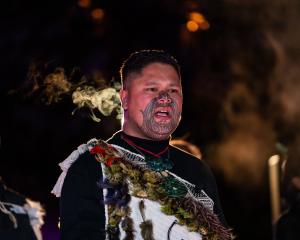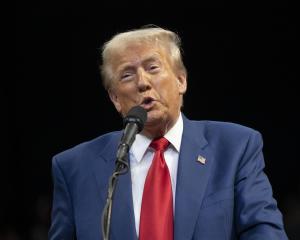
In the consequential second round of elections in Turkey, President Erdogan secured another victory, further solidifying his authoritarian tenure.
Despite confronting a formidable, united opposition, Erdogan — Turkey’s president since 2002 — managed to secure a narrow victory, thereby fortifying his grip on power.
Nevertheless, this election held profound implications. It served as a poignant testament to the opposition’s burgeoning numerical strength, underscoring their unwavering commitment to challenging Erdogan’s authority.
Significantly, it shed light on the inherent constraints of Erdogan’s popularity, revealing that his support base remains confined to a mere fraction of the Turkish populace.
These elections will undoubtedly fuel ongoing discussions regarding the state of Turkey’s democracy and its evolving role in regional and global politics.
In his pursuit to overcome the united opposition front in the initial stage of the elections, President Erdogan strategically expanded his political alliance with the Nationalist Action Party (MHP) and reached out to radical right-wing parties, marking an unprecedented development in Turkish parliamentary history.
This astute move aimed to provide disenchanted voters, who had grown weary of the economic crisis, earthquakes, foreign policy challenges and the encroaching authoritarianism, with alternative options within his own alliance.
Simultaneously, it sought to undermine the indirect ties between the main opposition front, the Nation Alliance, and the pro-Kurdish coalition in order to highlight voter consolidation. By adopting a rigid nationalist-conservative discourse and tapping into the sentiments of those burdened by poverty, earthquakes, inflation and political instability, Erdogan managed to rally unexpected support by framing his campaign around notions of security and survival. Nonetheless, Erdogan’s own party, the Justice and Development Party (AKP), experienced a substantial decline in votes, indicating a growing detachment of the electorate from Erdogan’s leadership.
In the second leg of the elections, Erdogan (49%) held a slight psychological advantage over his opponent, Kemal Kilicdaroglu, who garnered 45% of the initial round’s votes. Erdogan strategically convinced ultra-nationalist candidate Sinan Odan to break away from his party alliance and join forces with him, capitalising on the proportional difference between them and the opposition.

Leveraging a nationalist narrative and wielding state and media power in a biased manner, Erdogan deployed a propaganda machine aimed at stifling Kilicdaroglu’s outreach and disseminating disinformation. Despite Erdogan’s eventual victory with 52% of the vote, Kilicdaroglu successfully rallied the highly fragmented opposition, securing 48% of the vote and solidifying a democratic resistance against Erdogan’s authoritarian tendencies. In his victory speech, Erdogan hinted at a continuation of his autocratic approach, employing sharply divisive and polarising language towards the opposition, despite their growing support.
The May elections hold profound implications for Turkey’s democracy and its position in the regional and global arena. Holding a parliamentary majority secured in the initial round, Erdogan is poised to further consolidate his authoritarian rule and potentially push for a stricter regime.
Of particular concern is the convergence of his long-standing Islamisation agenda and recent nationalist rhetoric, which may shape the trajectory of a new constitution. The composition of Erdogan’s new alliance, the most far-right in Turkish political history, raises apprehensions about the preservation of democratic principles in Turkey.
In response, the opposition has vowed to maintain their broad alliance and shift focus towards the upcoming local elections in March 2024. They seek to convince voters that the election cycle is not yet over and that Erdogan’s victory is not absolute.
However, the opposition faces a significant challenge in providing viable solutions to deep-rooted issues like secularism, economic inequality, inflation, housing crisis, immigration, discrimination and foreign policy stagnation.
The elections also have far-reaching ramifications for Turkey’s foreign policy dilemmas.
Western leaders, promptly congratulating Erdogan’s win, anticipate Turkey’s swift endorsement of Sweden’s Nato accession and heightened involvement in the Ukraine conflict.
Erdogan, who has balanced relations with both the West and Russia, now faces mounting pressure to actively support Ukraine as a combatant in the war.
Another critical foreign policy concern revolves around Syria. Turkey is confronted with a momentous foreign policy dilemma regarding Syria, as the process of Syria’s normalisation of relations with the Arab League and other nations carries considerable weight.
This bears particular relevance for Turkey, given its responsibility in hosting a substantial number (over 3 million) of irregular asylum seekers from the protracted Syrian conflict, leading to the establishment of an agreement with the European Union to address this.
The extent to which Erdogan can foster reconciliation between Turkey and Syria in this new era will be closely scrutinised, shaping regional and global dynamics alongside Turkey’s relations with the EU, United States and Russia concerning the war in Ukraine.
— Berkay Kocak is a doctoral researcher at the University of Waikato and a former politics teaching fellow at the University of Otago.










